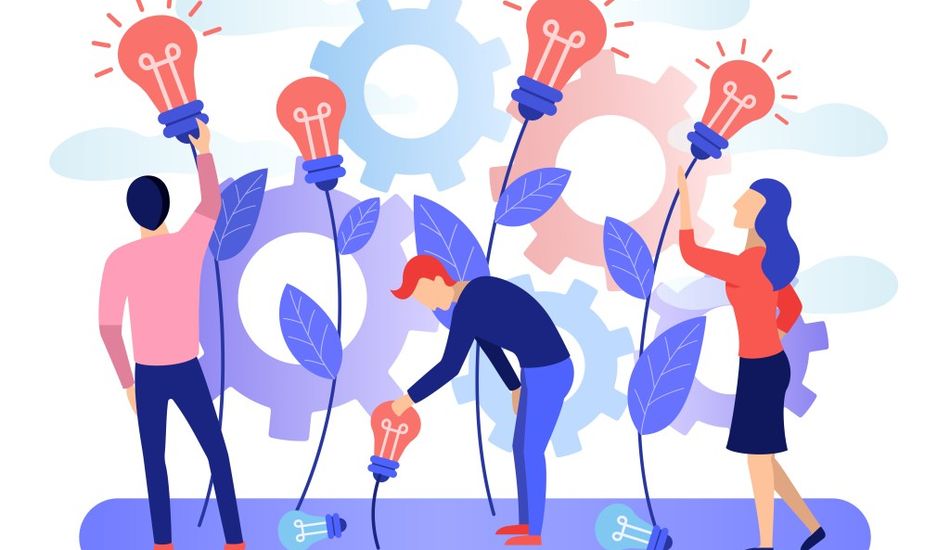
Databricks Founder Urges US to Embrace Open Source AI to Outpace China
I came across some pretty strong words from Andy Konwinski, a co-founder of Databricks, about the future of AI. He's worried that the U.S. is losing ground to China in AI research, and he sees this as a serious threat, even calling it "existential" for democracy. It sounds a bit dramatic, but when you dig into his reasoning, it makes you think.
Konwinski says that AI researchers at top universities are finding more interesting ideas coming out of Chinese companies than American ones these days. That's a wake-up call. He's not just talking; he's putting his money where his mouth is, investing in AI research through his firm, Laude, and even offering grants to researchers through the Laude Institute.
The problem, as he sees it, is that while companies like OpenAI, Meta, and Anthropic are doing amazing things, their innovations are largely kept secret. It's like they're hoarding all the good ideas. Plus, they're luring away the best academic talent with huge salaries, making it hard for universities to compete and share knowledge freely.
He argues that for innovation to really take off, ideas need to be open, shared, and debated. Think about it: generative AI wouldn't be where it is today without the Transformer architecture, which was introduced in a publicly available research paper. "The first nation that makes the next 'Transformer architectural level' breakthrough will have the advantage," Konwinski said, so he makes a good point.
In China, Konwinski says, the government encourages AI innovation to be open source. Companies like DeepSeek and Alibaba are sharing their work, which allows others to build on it and make even more breakthroughs. That's the opposite of what's happening in the U.S., where he believes the free flow of ideas between scientists is drying up. It's like we're "eating our corn seeds," as he puts it, and eventually, the big AI labs will suffer too.
Ultimately, Konwinski's message is clear: the U.S. needs to embrace open source AI to stay competitive and maintain its leadership in the field. It's not just about business; it's about the future of innovation and even democracy. It seems like we need a change of approach if we want to stay in the game.
Source: TechCrunch